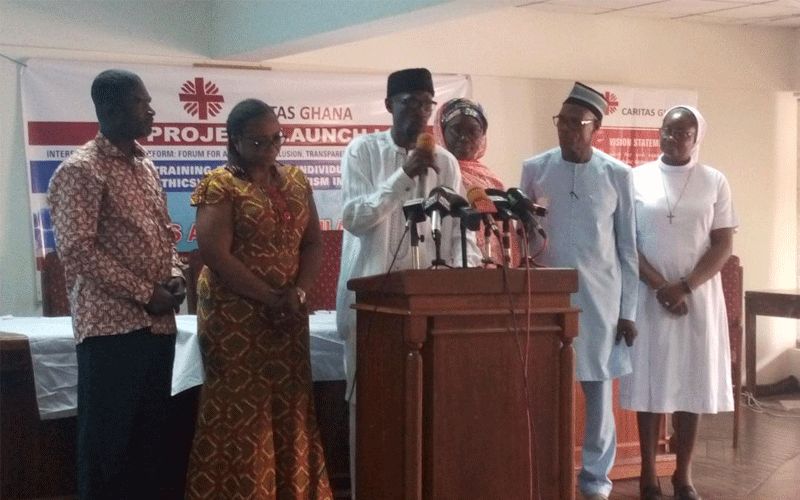Accra, 03 March, 2020 / 11:35 pm (ACI Africa).
As eligible voters in Ghana prepare for the December 7 polls, an alliance of various religious groups in the West African nation has launched a campaign project that will see unemployed youth get jobs to eradicate political vigilantism, a vice that has been blamed on jobless youth in the country.
Dubbed, “Educating, Training and Healing Individuals, Community and Society (ETHICS) Against Vigilantism in Ghana’s elections,” the project is an undertaking of the Forum for Actions on Inclusion, Transparency and Harmony (FAITH) in Ghana, an interfaith alliance made of different religious organizations in the country.
According to the Coordinator of the in interfaith coalition, Samuel Zan Akologo, the aim of FAITH is “to sanitize Ghana’s political environment to ensure that no one is left behind especially in the 2020 elections.”
Zan Akologo made the remark at the Christ the King Parish in Accra on Friday, February 28 during the launch of the project that also seeks to educate women and the vulnerable groups about their voting rights.
“As faith Based Organisations, we think that the way our young people are used by some political parties and individual politicians is quite disgraceful and demeaning. We will intervene on the side of our youth by educating, training and healing them against these undignified practices and abuses,” Zan Akologo said.








